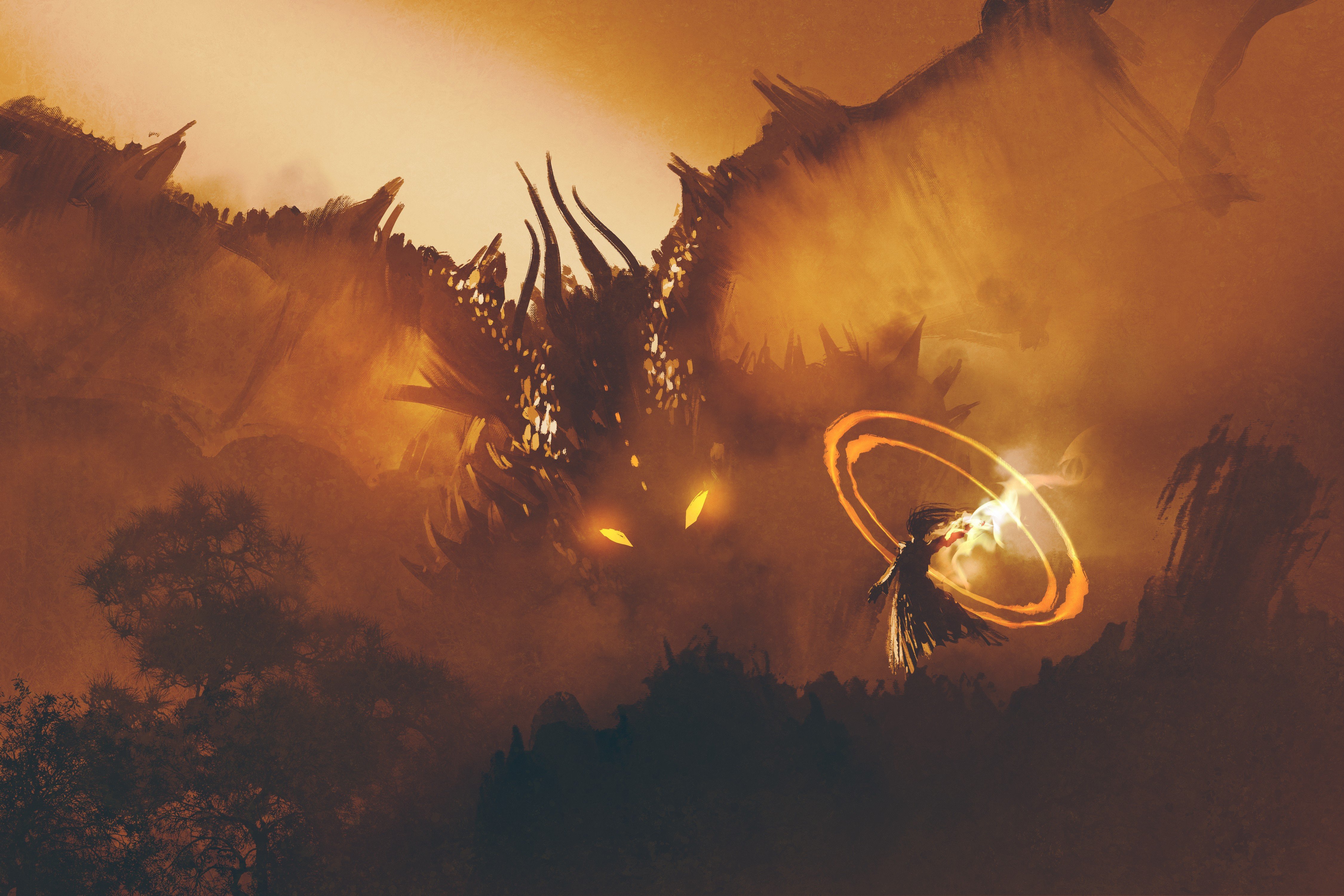Prestige Class: Specialist Mage
While the concept of specialization along the classically recognized schools of magic dates back to the dim recesses of time, even more ancient arcanists explored school specialization to its fullest extremes. These spellcasters gained great power, but at a price.
Focusing their research on the discovery that each school of magic was opposed by a specific pair of opposition schools, these mages developed methods of further enhancing their mastery over their chosen arcane specialties. By excising “impurities” introduced by oppositional schools of magic, they trade arcane versatility for strength in their chosen field.
Specialist Mage
| Level | Features | Casting Progression |
|---|---|---|
| 1st | Master of One (1st) | +1 |
| 2nd | Focused Study | +2 |
| 3rd | Master of One (2nd) | +3 |
| 4th | Infused Arcana | +4 |
| 5th | Master of One (3rd) | +5 |
Becoming a Specialist Mage
A specialist can come from any discipline, though most begin their careers as wizards. To enter the Specialist Mage class, a character must meet the following prerequisites:
- Access to 3rd level spells
- Proficiency in the Arcana skill
- Intelligence of 13 or higher
As a Specialist Mage, you gain the following class features.
Hit Points
- Hit Dice: 1d6 per specialist mage level
- Hit Points at 1st and Higher Levels: 1d6 (or 4) + your Constitution modifier
Master of One
At first level, you attune yourself to a specific school, granting certain benefits and penalties to your spellcasting. If you have chosen an Arcane Tradition, this school must be the same as your Tradition - you cannot choose Abjuration as a specialization and the Enchantment Arcane Tradition, for instance. War Magic, Bladesinger, and other Traditions that do not focus on a school can choose any specialization. Your choice of school affects your opposition schools, which are given in the table below.
Your spellcraft in your specialization improves beyond your peers. You can cast one 1st-level spell of your specialization school, which must be on your list of prepared spells, without expending a spell slot. At 3rd level, you can also cast one spell of 2nd level in this way, and at 5th level, one spell of 3rd level. You cast these spells at their lowest level.
Once you have cast a spell of a given level in this fashion, you cannot do so again until you have finished a short or long rest.
Specialization Table
| Specialization School | Opposition Schools |
|---|---|
| Abjuration | Evocation, Divination |
| Conjuration | Illusion, Evocation |
| Divination | Abjuration, Necromancy |
| Enchantment | Necromancy, Transmutation |
| Evocation | Conjuration, Abjuration |
| Illusion | Transmutation, Conjuration |
| Necromancy | Divination, Enchantment |
| Transmutation | Enchantment, Illusion |
Casting Progression
Starting at first level, you treat levels in this class as levels in your base class for the purpose of determining your spellcasting and spell slots. If gaining a level causes you to gain spells known or prepared, or to add spells to your spellbook, one of these spells must be of your specialization school, and none can be of your opposition schools. You do not gain any other features of your base class, such as subclass features or sorcery points.
If you have more than one spellcasting class, you gain spellcasting progression in your choice of one class that grants you access to at least 3rd level spells.
Focused Study
You can cast spells of your specialization school from scrolls, even if the spell on the scroll is not on your class list. If you attempt to cast a spell of a higher level than you can cast from a scroll, you have advantage on the ability roll if the spell is from your specialization school, or disadvantage if it is from your opposition schools. In addition, you add your proficiency bonus to ability checks you make to dispel or counter magic of your specialization.
If you use a spellbook to prepare your spells, you have advantage on ability checks made to transfer spells of your specialization school to your spellbook.
Infused Arcana
At 4th level, you have altered yourself to become a living battery of arcane power, energizing yourself with your own magic. Your choice of Charisma, Intelligence or Wisdom score increases by 2, as does your maximum for that score.
Wizard Variant: Specialist Mage
While the concept of specialization along the classically recognized schools of magic dates back to the dim recesses of time, even more ancient arcanists explored school specialization to its fullest extremes. These spellcasters gained great power, but at a price.
Focusing their research on the discovery that each school of magic was opposed by a pair of opposition schools, these mages developed methods of further enhancing their mastery over their chosen arcane specialties. By excising “impurities” introduced by oppositional schools of magic, they traded arcane versatility for strength in their chosen field.
These mages became so powerful that "Universalist" wizards found themselves ostracized, and mages split into Orders based upon their specialization, so isolated in their studies that a mage of one school might not even consider the spells of an opposed school to be proper magic at all.
Master of One
At first level, you attune yourself to a specific school, granting certain benefits and penalties to your spellcasting. You will later choose an Arcane Tradition, which cannot be a different school than your specialization - you cannot choose Abjuration as a specialization and the Enchantment Arcane Tradition, for instance. Traditions that do not focus on a single school can be of any specialization. Your school affects your opposition schools, which are given in the table below.
Your specialized craft is far beyond your peers. For each spell level you can cast, up to 5th level, you can prepare one additional spell of your specialization from your spellbook, which you can cast once without expending a spell slot. When you cast the spell in this way, you cast it at its lowest level. For example, a 5th level specialist mage can prepare and cast one additional spell of 1st, 2nd, and 3rd level.
Once you have cast a spell of a given level in this way, you cannot do so again until you have completed a long rest.
Your focus helps you gain familiarity with new magics. You can instantly identify a spell you see being cast if it is of your school. You have advantage on ability checks made to transfer spells of your school to your spellbook, or to cast a spell of a higher level than you can cast from a scroll. In addition, you add your proficiency bonus to ability checks you make to dispel or counter magic of your specialization.
Specialization Table
| School | Opposition Schools |
|---|---|
| Abjuration | Evocation, Divination |
| Conjuration | Illusion, Evocation |
| Divination | Abjuration, Necromancy |
| Enchantment | Necromancy, Transmutation |
| Evocation | Conjuration, Abjuration |
| Illusion | Transmutation, Conjuration |
| Necromancy | Divination, Enchantment |
| Transmutation | Enchantment, Illusion |
Opposition Schools
Your focus on your chosen field has left your casting deficient in other ways, as channeling magic through certain magical pathways blocks others. At first level and when you gain a wizard level, you cannot choose spells from your opposition schools to add to your spellbook. To cast a spell of 2nd level or higher from one of your opposition schools, you must expend a spell slot one level higher than that of the spell; if you cast a spell that has effects based upon the level of the spell slot with which it is cast, the effective level of the spell is reduced by one.
In addition, you have disadvantage on ability checks to transfer spells of your opposition schools to your spellbook, or to cast a spell of a higher level than you can cast from a scroll. When you must expend valuable materials to transfer spells to your spellbook or to scribe scrolls, the cost is doubled for spells of your opposition schools.

